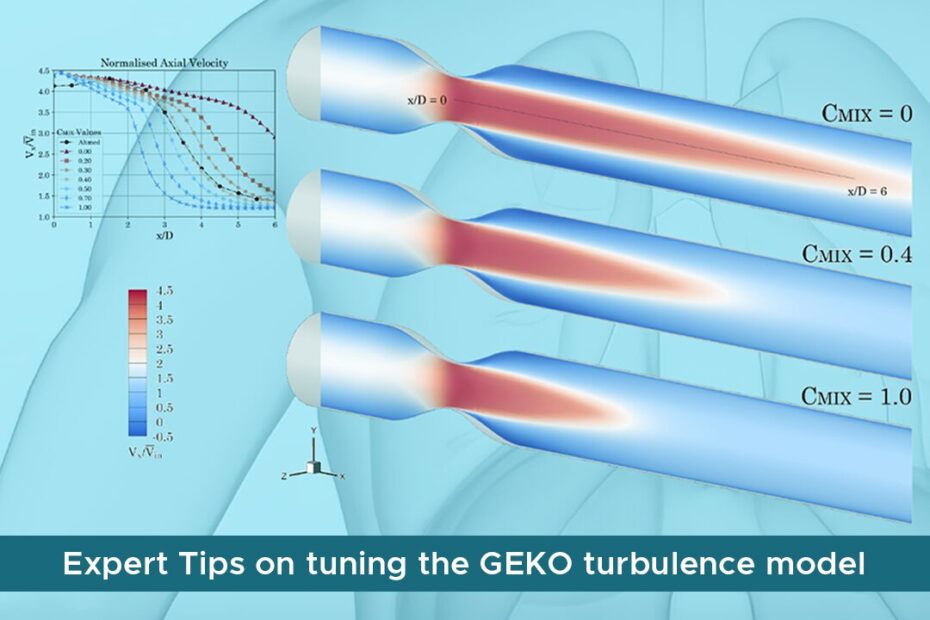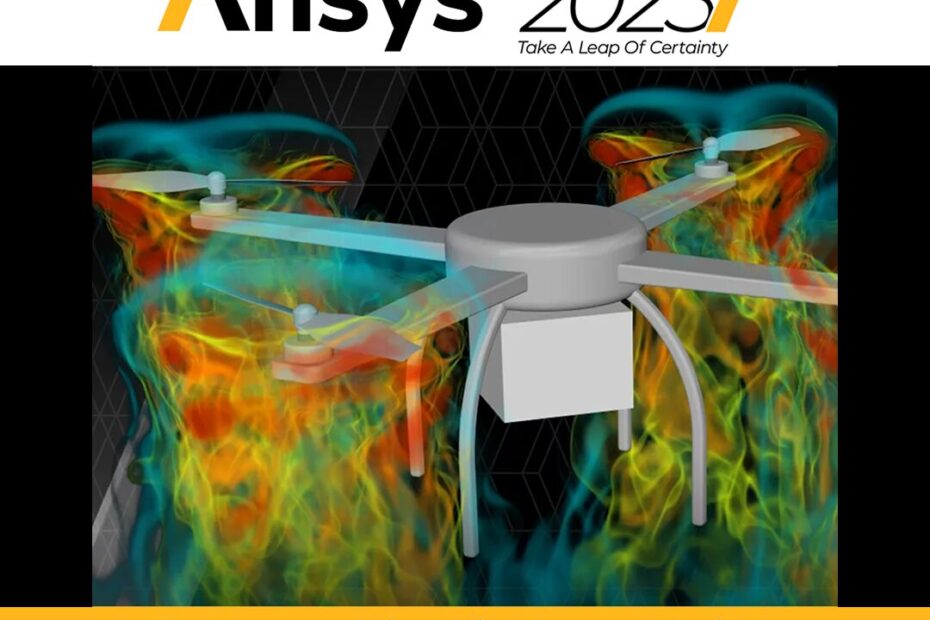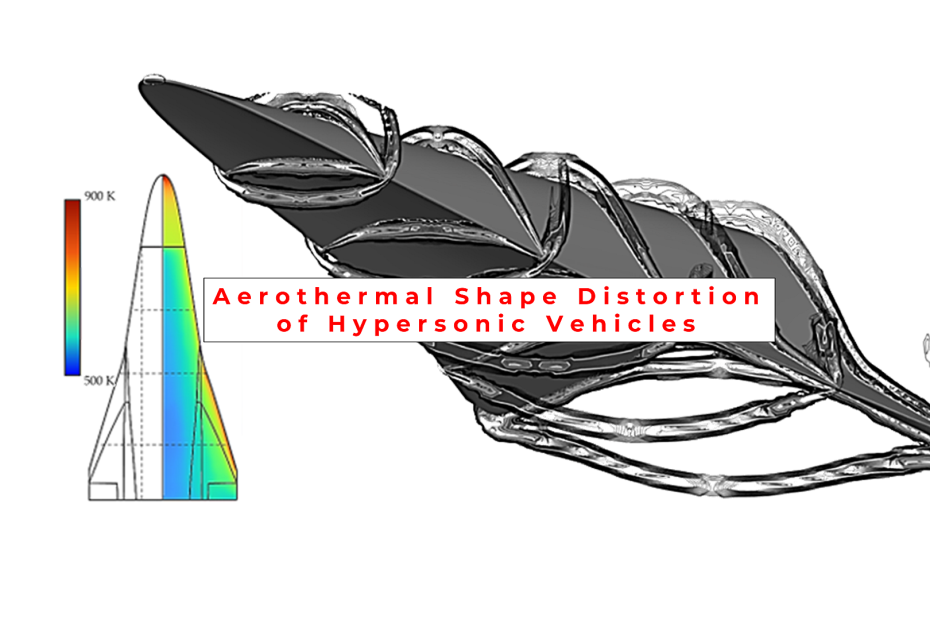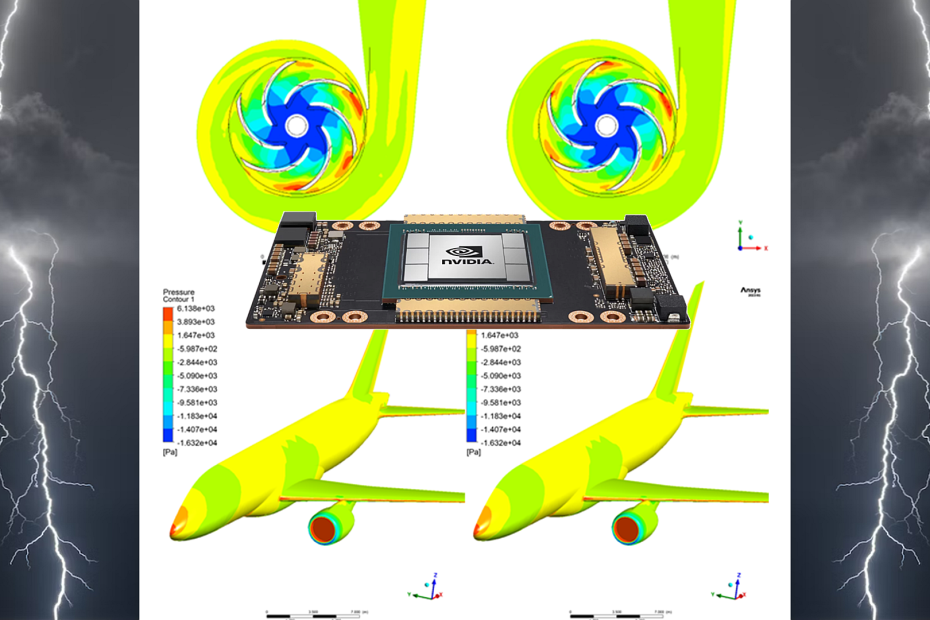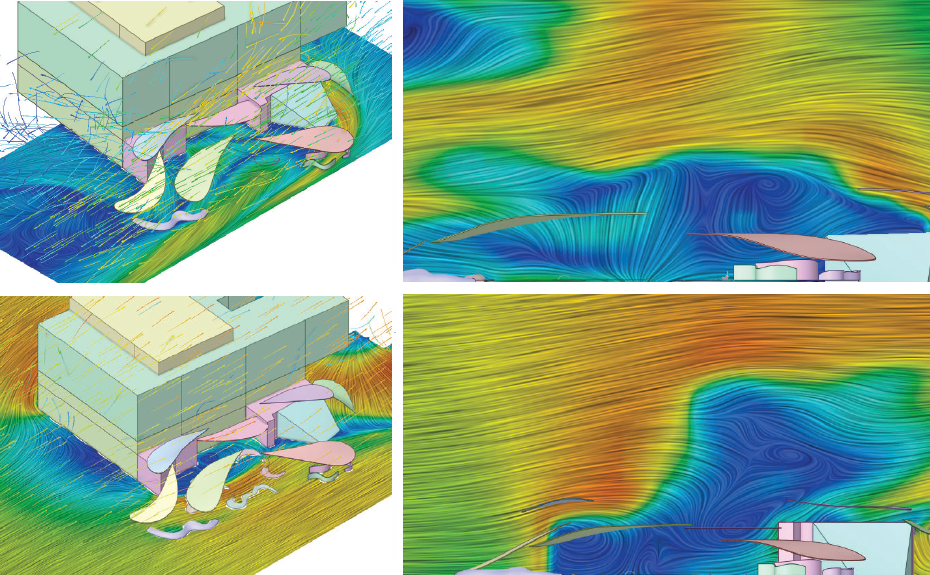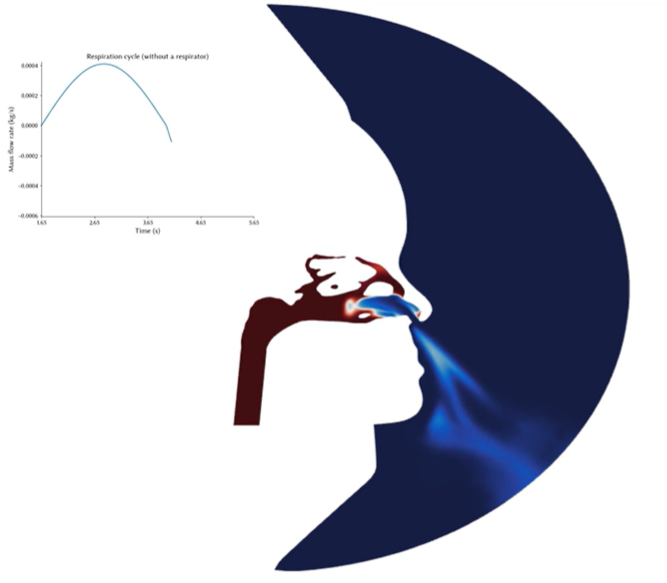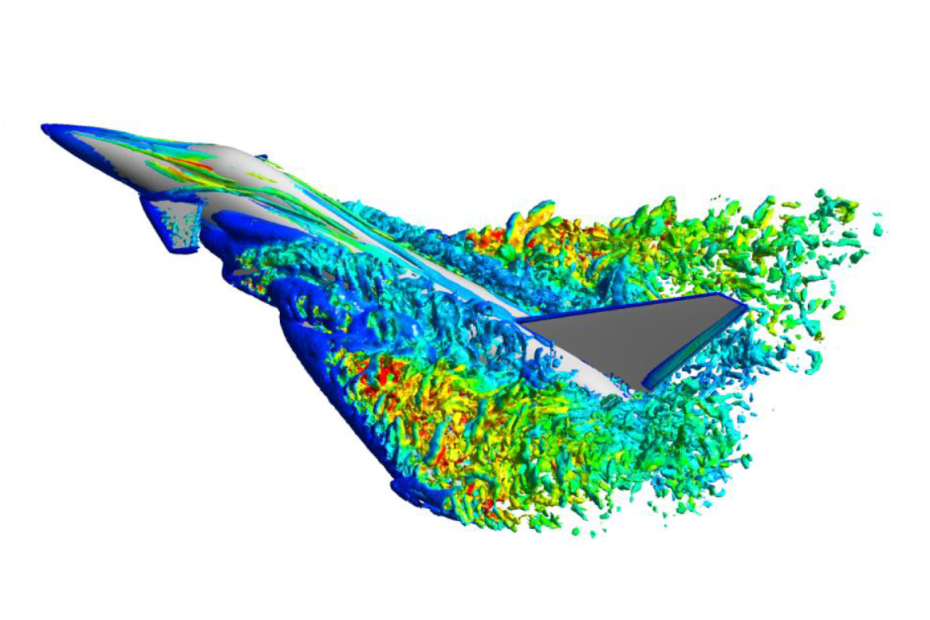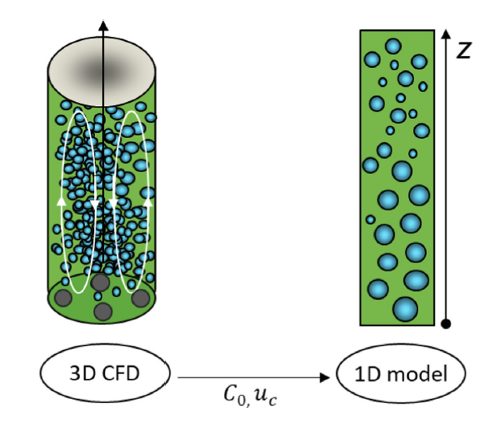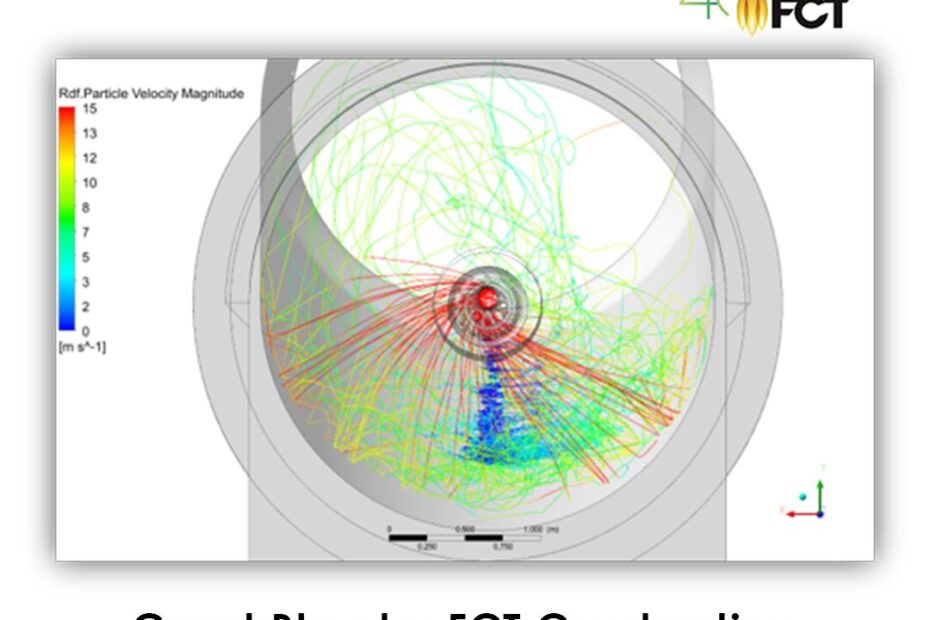Expert Tips on tuning the GEKO turbulence model
This article answers the question, “What is special about the GEKO model compared with all other two equation RANS models?” The result of the decades of experience that Dr. Florian Menter has acquired through his vast experience of turbulence modelling at NASA and Ansys, the GEKO model is very much the culmination of a life’s work on improving turbulence models to make them what he calls “industrial strength”. Read on to learn more.

